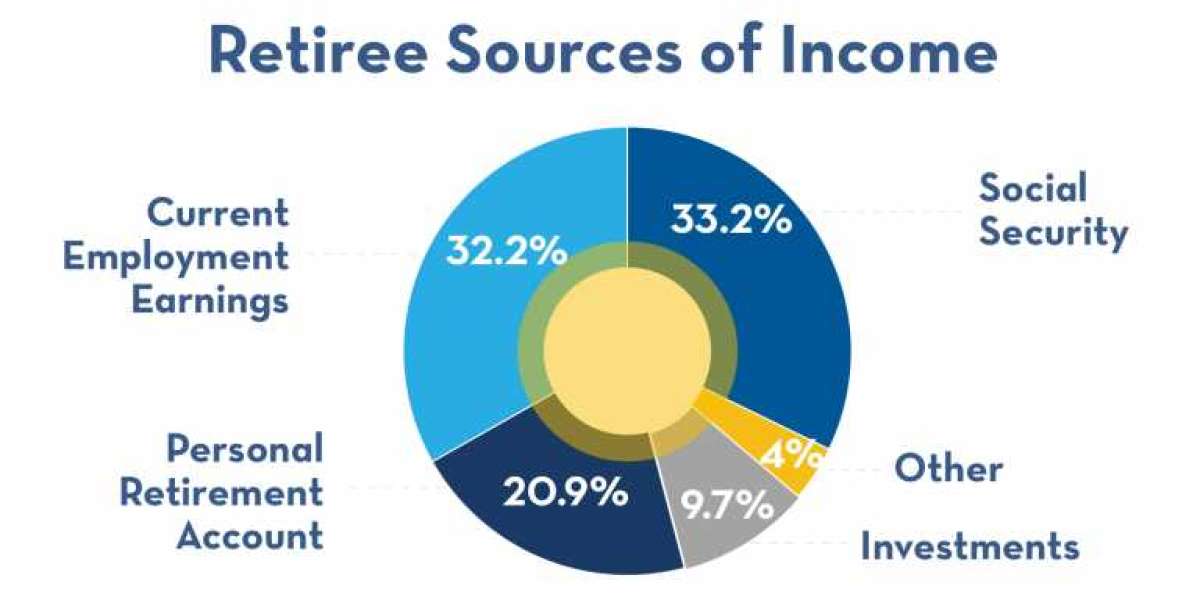The AI in Real Estate Market size is expected to grow from USD 2.2 billion in 2023-e to USD 18.4 billion by 2030, at a CAGR of 34.3% during the forecast period (2024-2030. The real estate market, a cornerstone of the global economy, is undergoing a profound transformation driven by advancements in artificial intelligence (AI). This technology is reshaping how properties are bought, sold, and managed, offering new opportunities for efficiency, accuracy, and innovation. From predictive analytics to virtual tours, AI is revolutionizing the real estate landscape in ways previously unimaginable.
AI-Driven Market Insights
One of the most significant impacts of AI in real estate is its ability to analyze vast amounts of data to provide market insights. Machine learning algorithms can process historical data, current market trends, and various economic indicators to predict property values and market movements with remarkable accuracy. Real estate professionals can leverage these insights to make more informed decisions, identify emerging market opportunities, and tailor their strategies to meet evolving demands.
Get a Sample Report: https://bit.ly/46wzgOo
Enhanced Property Valuation
Traditional property valuation methods often rely on subjective assessments and comparable sales. AI introduces a more data-driven approach, utilizing algorithms to evaluate properties based on a wide range of factors, including location, size, amenities, and historical sales data. Automated Valuation Models (AVMs) powered by AI provide more accurate and consistent property valuations, reducing the potential for human error and bias. This technology is particularly beneficial for appraisers, lenders, and buyers seeking reliable and up-to-date information.
Personalized Property Recommendations
AI has transformed the way buyers and renters search for properties. Sophisticated algorithms analyze user preferences, browsing behavior, and demographic information to provide personalized property recommendations. By understanding individual needs and preferences, AI-driven platforms can match users with properties that closely align with their criteria, enhancing the overall search experience and increasing the likelihood of finding the perfect home or investment property.
Virtual Tours and Augmented Reality
AI is also revolutionizing property viewing through virtual tours and augmented reality (AR). Virtual tours allow potential buyers to explore properties remotely, providing an immersive experience without the need for physical visits. AR technology further enhances this experience by overlaying digital information onto real-world environments, enabling users to visualize property features, layouts, and potential renovations. These innovations not only save time but also provide a more engaging and interactive way to experience properties.
Predictive Analytics for Investment Decisions
Investors are increasingly turning to AI-powered predictive analytics to identify profitable investment opportunities. By analyzing historical data, market trends, and economic indicators, AI can forecast future property values and rental income potential. This predictive capability helps investors make informed decisions, minimize risks, and optimize their investment portfolios. AI tools also assist in identifying emerging neighborhoods and market segments with high growth potential.
Streamlined Property Management
AI is streamlining property management processes by automating routine tasks and enhancing operational efficiency. Intelligent systems can handle tenant inquiries, schedule maintenance, and manage lease agreements, reducing the administrative burden on property managers. AI-driven chatbots and virtual assistants provide 24/7 support for tenants, addressing issues promptly and improving overall satisfaction. Predictive maintenance algorithms can also anticipate potential issues before they arise, helping property managers maintain properties in optimal condition.
Get an insights of Customization: https://bit.ly/3YxPpkF
Challenges and Considerations
While AI offers numerous benefits, its integration into the real estate market is not without challenges. Data privacy and security concerns are paramount, as the collection and analysis of personal and financial information raise ethical considerations. Additionally, there is a need for transparency in AI algorithms to ensure fair and unbiased decision-making. Real estate professionals must navigate these challenges while leveraging AI to enhance their practices.
Conclusion
Artificial intelligence is transforming the real estate market by providing valuable insights, enhancing property valuation, personalizing recommendations, and streamlining management processes. As AI technology continues to evolve, its impact on the real estate industry is likely to grow, offering new opportunities for innovation and efficiency. Embracing these advancements will be crucial for real estate professionals and investors seeking to stay ahead in an increasingly competitive market.



